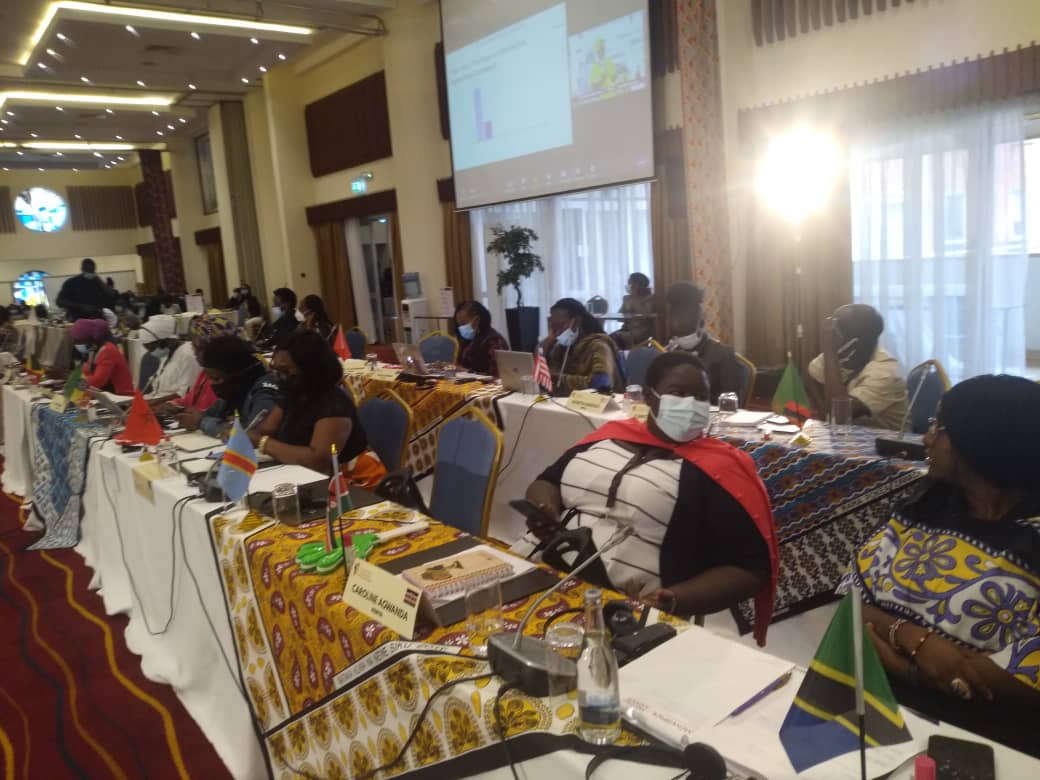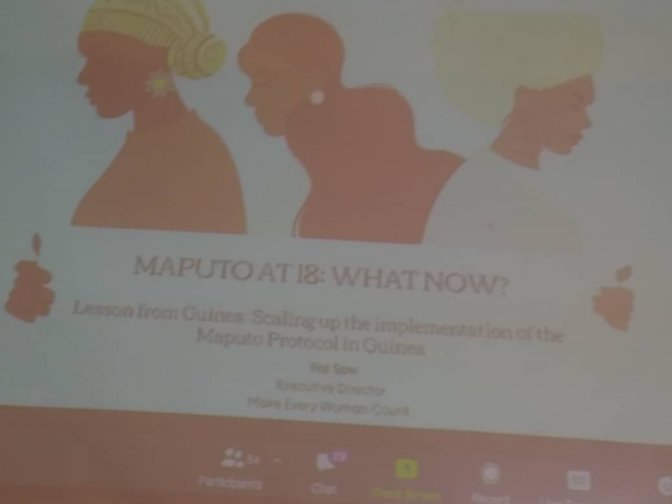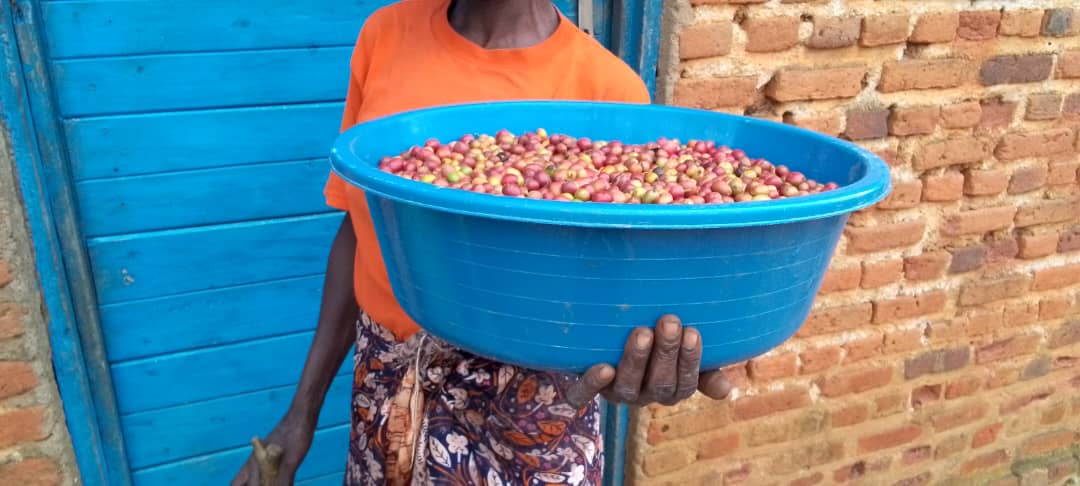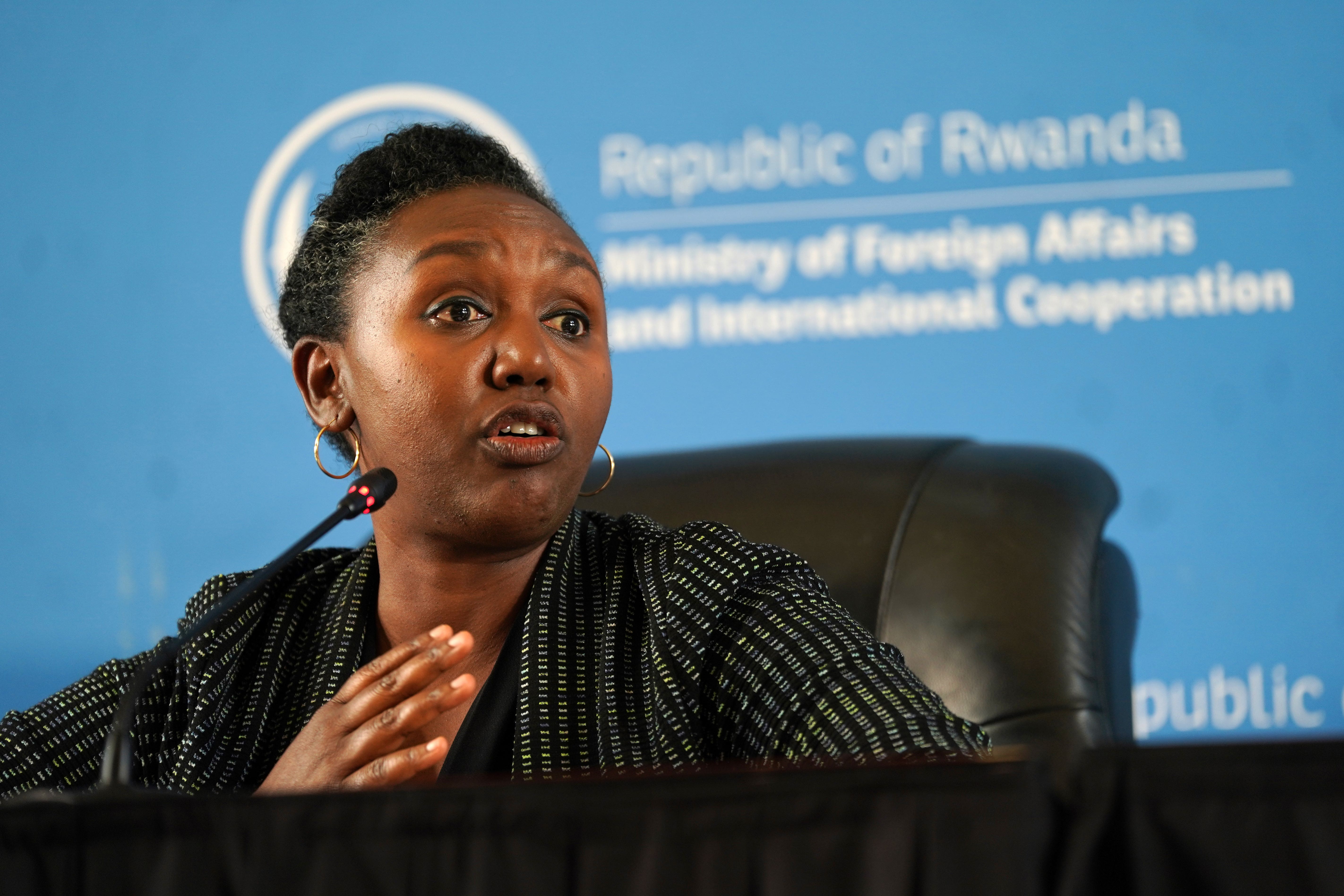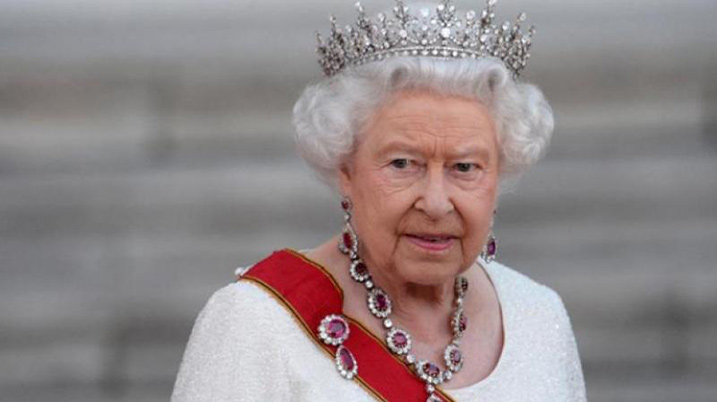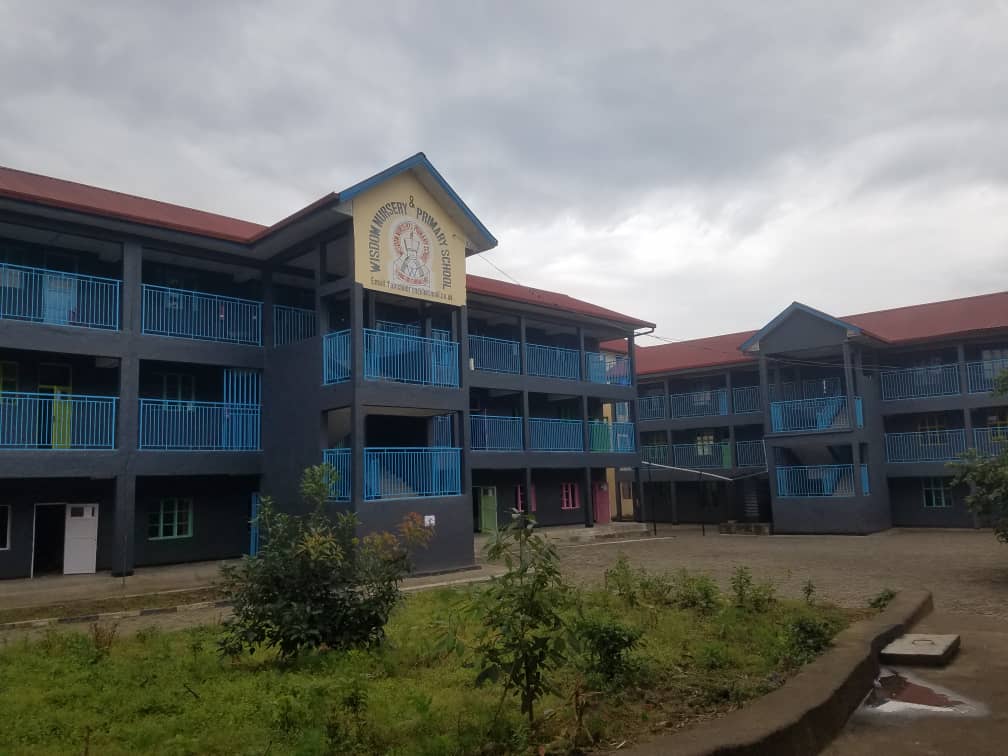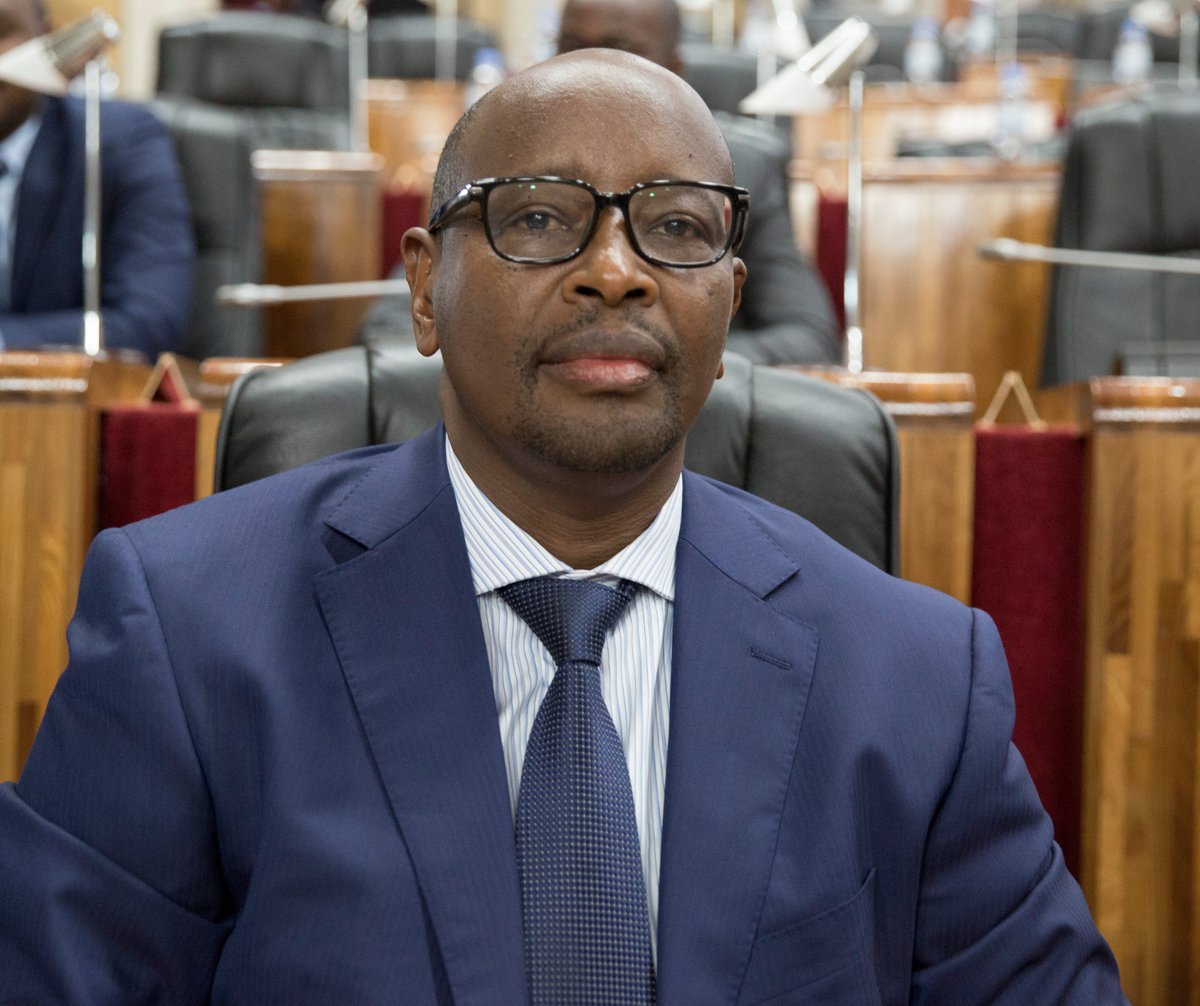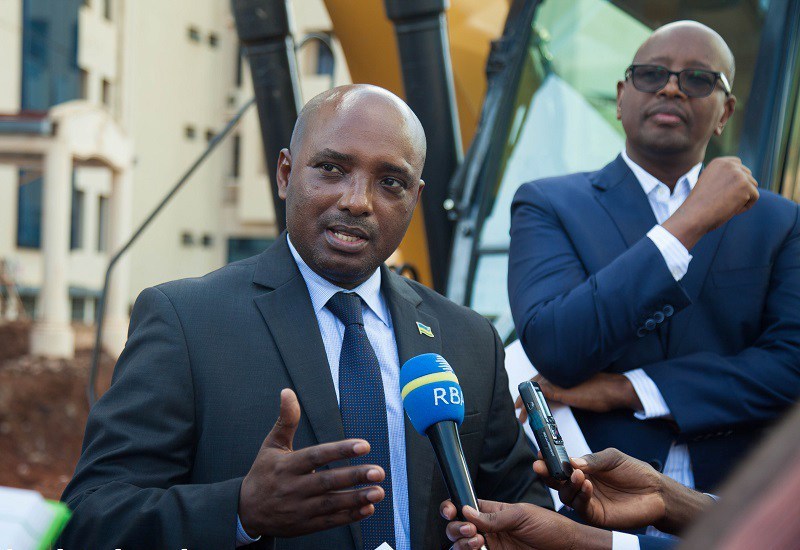Mutesi Scovia
The Pan-African Feminists have urged African countries to ensure laws that protect women and girls’ rights in line with Maputo protocol.
The call was made during The Pan-African Feminists Retreat that took place Nairobi, Kenya from October 12 to October 13.
At the occasion, 18 years progress on Maputo Protocol implementation was celebrated and discussed the gaps and what needs to be done.
The Protocol to the African Charter on Human and People’s Rights on the Rights of Women in Africa (Maputo Protocol) remains one of the most progressive legal instruments providing a comprehensive set of human rights for African women.
The protocol was adopted in 2003.
Since then it has contributed in shifting the trajectory on the promotion and protection of women’s human rights in Africa.
At the first instance, it challenges the old stereotypes about the role of women in society and places women as full, effective and equal partners with men in the development of their communities.
The protocol places a moral obligation on African Union Member States to promote equal opportunities for men and women to play meaningful roles in society.
According to Esther Ang’awa , an Advocate of the High Court of Kenya based in Nairobi, Kenya who has also had a passion for community development with specific focus on programs targeting youth, women, and children, there is still a huge task to ensure women and girls enjoy their full rights.
“We have seen incredible progress that has been made particularly; we now have African 42 countries who have ratified. In the last 18 years, there have also been changes in the laws and new laws adopted at the country level to implement Maputo protocol to ensure full women’s rights such as pregnant teen girl’s access to education,” she said.
However she said that it is important to know that though we are celebrating 42 ratifications, there are reservations that continue to impede full enjoyment of women’s rights in the protocol.
“When we talk about national laws, we have to push the government to ensure women and girls rights are protected in line with Maputo protocol.
A lot of things have been done and let us continue to do so and accelerate in the spirit of Maputo protocol.”
We have to ensure inclusivity, leave no woman and girl behind in different social economic classes. We have to continue fueling revolutionary spirit and ensure we take the protocol up to the next level. There is a need for collaboration and campaigns for women and girls’ rights, she added.
Samia Melki Fessi,, the vice coordinator of Tha’era network for equality and solidarity talked about Maputo protocol in Tunisia.
“We pushed for domestication with other NGOs in Tunisia. I cannot say we have achieved a lot. I can say that we have achieved some results. We have to be more aggressive because women’s issues are always put at the end of the list. We are now training lawyers in Tunisia,” she said stressing that elimination of all forms of discrimination against women has to end.
African Union Member States have made collective and individual commitments to the advancement of the rights of women and girls in Africa.
While celebrating the gains made over the two decades, feminists emphasize on the status of ratification, domestication and implementation of the Maputo Protocol, adopted by the African Union on 11th July 2003, as a result of intensive advocacy by many organizations from all over Africa.
The protocol entered into force on 25 November 2005.
To-date it has been ratified by 42 of the 55 Member States of the African Union.
Some countries have progressively domesticated and implemented the Maputo Protocol, but a majority hardly report on the progress made in implementation to the relevant organs such as the African Commission on Human and Peoples’ Rights (ACHPR) and the African Committee of Experts on the Rights and Welfare of the Child (ACERWC).
As such accountability for and tracking of implementation of these commitments remains a major challenge on the Continent, activists say.

